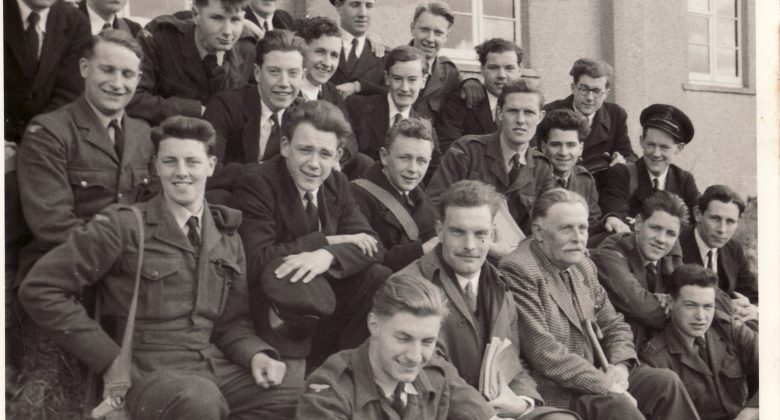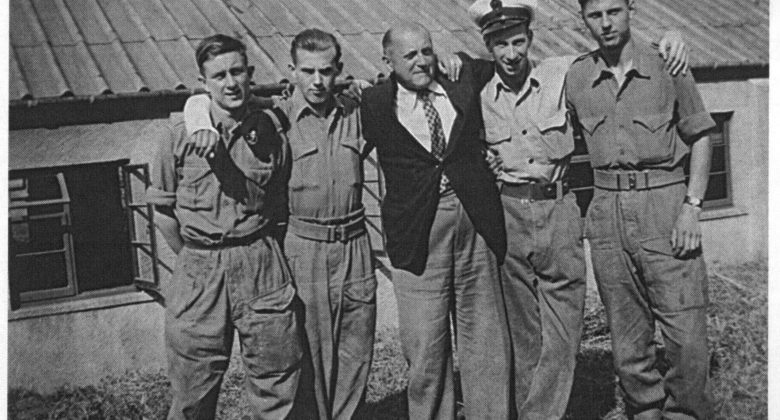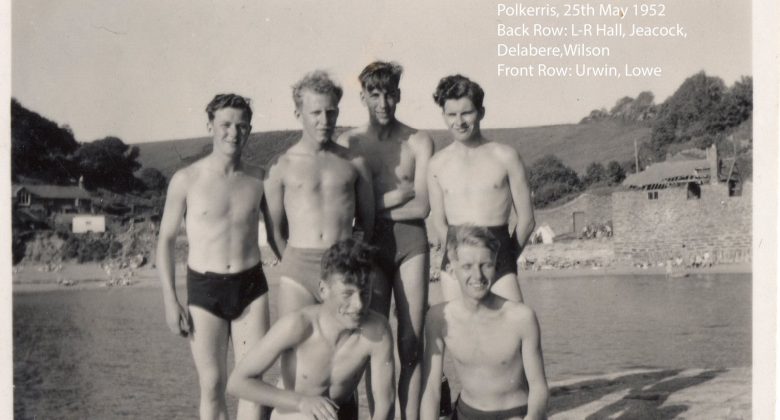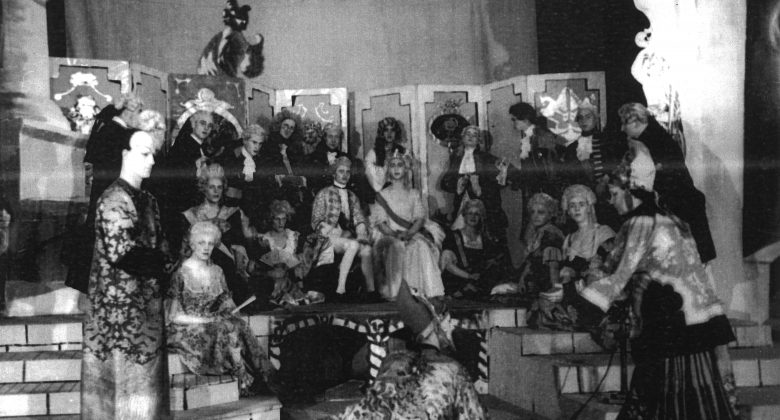What was the Joint Services School for Linguists?
In 1951 the abandoned World War 2 Walker Lines military camp in Bodmin, which had been the base for US troops leading up to D-Day in 1944, suddenly became alive with activity again. Because of the Cold War and the political uncertainty between the West and Soviet Russia, it had been decided that National Servicemen should be taught Russian so that, should it be required, they could undertake monitoring and espionage work. Students were taught Russian very intensively and learnt many military terms alongside the more common day-to-day vocabulary, so that they could listen in on Russian conversations.
This Russian language training had already started in London and Cambridge but to increase the amount of men that could be taught, new camps were opened at Bodmin and Coulsdon in Surrey. These sites formed the Joint Services School for Linguists (JSSL), and thousands of men were to pass through their gates to be taught Russian.
The men, some of them as young as 17, were recruited to the JSSL after enlisting for their National Service with the Navy, Air Force or an Army regiment and having completed their basic military training. Men selected were those deemed to have an aptitude for language or sometimes, if the commanding officer did not want a man serving in his regiment for some reason, they could be selected to move to the JSSL.
Click here for our FUN SPY CODE BOOKLET





